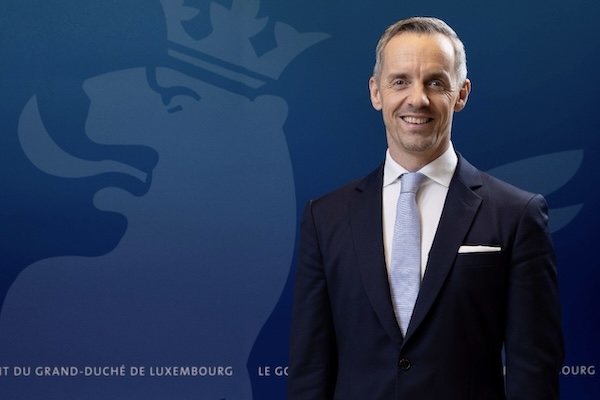 Minister Georges Mischo;
Credit: Gov.lu
Minister Georges Mischo;
Credit: Gov.lu
On Monday 14 April 2025, Luxembourg’s Minister of Labour, Georges Mischo, participated in the meeting of the EPSCO (Employment, Social Policy, Health and Consumer Affairs) Council of the European Union (EU), organised under the Polish Presidency in Warsaw.
In a press release, Luxembourg’s Ministry of Labour said that discussions at the informal meeting of employment and social affairs ministers of the EU Member States focused on key issues related to digital transformations in the labour market, integration policies and equality in the workplace. Organised within the framework of the Polish Presidency of the Council of the EU and chaired by Agnieszka Dziemianowicz-Bąk, Poland’s Minister of Family, Labour and Social Policy, the meeting provided an opportunity to exchange mutual experiences with a view to developing joint solutions to improve working conditions across Europe.
The impact of algorithms and digital technologies on the labour market, the challenges associated with automation and artificial intelligence, as well as the need to establish regulations that ensure a balance between innovation and the protection of workers' rights, were at the centre of the discussions.
In his speech, Minister Mischo emphasised that social dialogue and the protection of workers' rights are "essential pillars for a successful and fair digital transformation." The minister also noted that the EU legal framework provides a solid foundation. He recalled that the Directive on Information and Consultation of Workers, the Framework Directive on Health and Safety at Work, the Disability Insurance Regulation, and GDPR are important texts that emphasise transparency, employer accountability, and worker representation.
Active integration policies, including support for people at risk of social exclusion, retraining programmes and the exchange of best practices in the integration of migrants and the long-term unemployed, were also on the agenda of this informal meeting.
Regarding equality in the labour market and support for people with care or care responsibilities, the ministers discussed strategies to reconcile work and family life, such as flexible working arrangements and the development of childcare facilities and care institutions.








